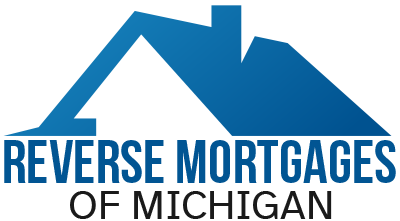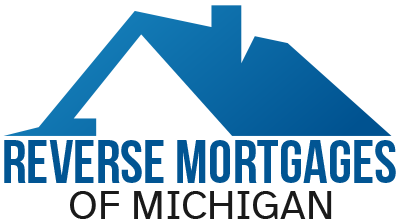Tap Into Your Home’s Equity: Debt Consolidation 101

Tap Into Your Home’s Equity: Debt Consolidation 101
Are you drowning in debt? Feeling overwhelmed by high-interest credit card balances or other loans? You’re not alone. Many homeowners find themselves in a similar situation. But what if there was a way to potentially simplify your financial life and save money?
Enter: debt consolidation using your home equity.
What is Debt Consolidation?
Debt consolidation involves combining multiple debts into a single, larger loan. The goal is typically to secure a lower interest rate and simplify your monthly payments.
How Does Home Equity Fit In?
Your home’s equity is the difference between your home’s current market value and what you owe on your mortgage. By tapping into this equity, you can obtain a loan to pay off other debts. There are two primary methods:
- Cash-Out Refinance: A cash-out refinance involves replacing your current mortgage with a new one for a larger amount. The extra money can be used to pay off your debts.
- Home Equity Loan or Line of Credit (HELOC): These options allow you to borrow against your home’s equity. A home equity loan provides a lump sum, while a HELOC offers a revolving line of credit.
Is Debt Consolidation Right for You?
Before diving in, carefully consider the pros and cons:
Pros:
- Lower monthly payments
- Potential for lower interest rates
- Simplified budgeting
- Improved credit score (if used responsibly)
Cons:
- Longer repayment term
- Risk of losing your home if you default
- Potential closing costs
Tips for Successful Debt Consolidation
- Create a Realistic Budget: Determine how much you can afford to repay each month.
- Compare Interest Rates: Look for the lowest interest rate possible.
- Prioritize High-Interest Debt: Focus on paying off debts with the highest interest rates first.
- Build an Emergency Fund: Having savings can help prevent future debt accumulation.
Remember: Debt consolidation is not a magic solution. It’s essential to address the underlying reasons for your debt and create a plan to avoid future financial challenges.
By carefully considering your options and making informed decisions, you can potentially improve your financial situation through debt consolidation.




